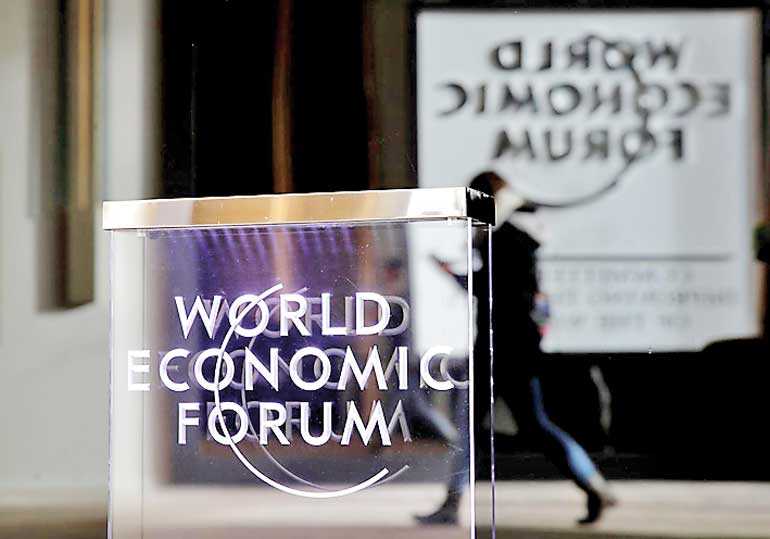Sunday Feb 22, 2026
Sunday Feb 22, 2026
Wednesday, 23 January 2019 00:00 - - {{hitsCtrl.values.hits}}

DAVOS, Switzerland (Reuters): Chief executives across the world have grown a lot more pessimistic about the global economic outlook due to trade disputes and tense relations between major powers, a survey showed on the eve of the World Economic Forum in Davos.
The PwC survey of nearly 1,400 CEOs found that 29% believe global economic growth will decline over the next 12 months, six times the level of last year and the highest percentage since 2012.
The most pronounced shift was among business leaders in the United States, where optimism dropped to 37% from 63% a year ago against the backdrop of an economic slowdown and a trade war with China.
But the share of CEOs who believe the growth rate will fall increased significantly across every region, and this translated into a drop in business leaders’ expectations that their companies will be able to grow revenues both in the short and medium term.
“It’s quite a reversal from last year and the gloomier mood cuts across just about everywhere in the world,” said Bob Moritz, global chairman at audit and accounting multinational PwC.
“With the rise of trade tension and protectionism, it stands to reason that confidence is waning.”
The International Monetary Fund on Monday cut its world economic growth forecasts for 2019 and 2020, due to weakness in Europe and some emerging markets, and said failure to resolve trade rows could further destabilise a slowing global economy.
In its second downgrade in three months, the global lender also cited a bigger-than-expected slowdown in China’s economy and a possible “No Deal” Brexit as risks to its outlook, saying these could worsen market turbulence in financial markets.
The US government shutdown which is keeping President Donald Trump away from the Jan. 22-25 gathering of the global political and business elite in Davos, Switzerland, is also contributing to the sense of malaise and expected to hit the US economy.
The impact of the trade dispute between China and the United States, the world’s two largest economies, ranked among the top concerns for business leaders in several regions.